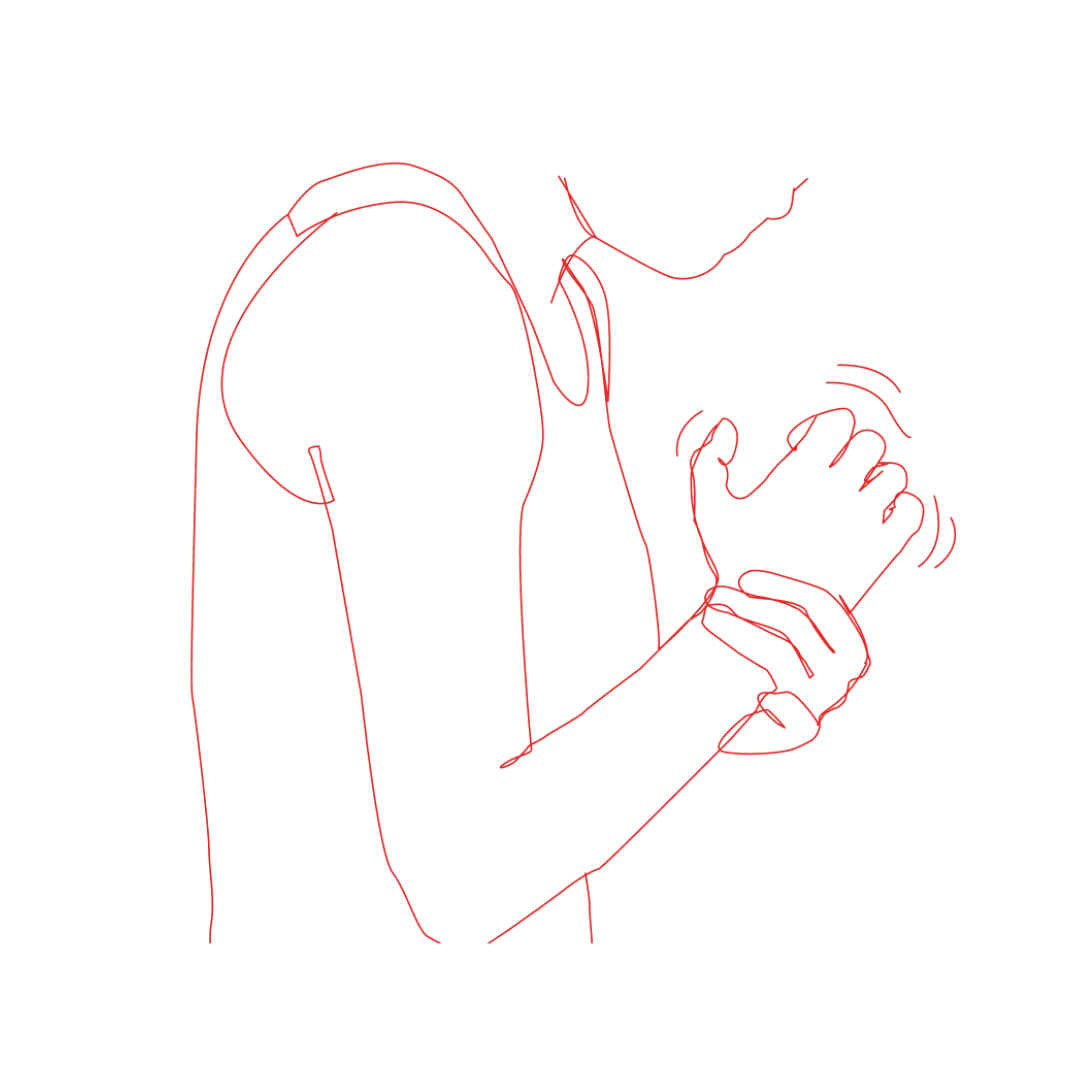From fatigue to pain to tremors, multiple sclerosis can cause a wide range of symptoms that affect each person differently. Find out more about common MS symptoms in women and men or discover some rare or unusual symptoms.opens in new tab
Most of these symptoms can be eased and treated. At MS Plus, we’re here to help you understand and manage your symptoms to reduce the impact on your life.
Common signs and symptoms of MS
Symptoms of MS: balance
Around 75% of people with multiple sclerosis (MS) experience a loss of balance. Learn how balance is impacted by an MS diagnosis and ways to improve it.

Symptoms of MS: bladder and bowel incontinence
Bladder and bowel dysfunction are common for people with multiple sclerosis (MS), but there are ways to manage it and enjoy more freedom. Learn more.

Symptoms of MS: cognitive fog
MS (multiple sclerosis) can cause cognitive fog. If your ability to think, remember and reason is impacted, MS Plus can help you manage your brain fog symptoms.

Symptoms of MS: vision problems
Vision problems are a common symptom of multiple sclerosis (MS). Learn how MS can affect your vision and how to manage this symptom.

Symptoms of MS: swallowing
A common symptom of multiple sclerosis (MS) is difficulty swallowing, which makes it harder to eat or drink safely. Learn more about managing this symptom.

Symptoms of MS: fatigue
Around 80% of people living with multiple sclerosis (MS) experience fatigue. Learn about MS fatigue and strategies to maintain an active lifestyle.

Symptoms of MS: sensory symptoms
Multiple sclerosis (MS) can impact how your body interprets sensory information. Learn about sensory symptoms you may experience and how to manage them.

Symptoms of MS: heat and cold sensitivity
Learn about what causes heat and cold sensitivity with multiple sclerosis (MS) and how to stay comfortable when you're experiencing this common symptom.

Symptoms of MS: weakness
Muscle weakness is a common symptom of multiple sclerosis (MS). Learn more about how MS can cause this symptom and how to manage it.

Symptoms of MS: pain
Multiple sclerosis (MS) pain can affect everyday life in many ways for people with MS. Learn how MS can cause pain and how to manage it effectively.

Symptoms of MS: tremors
Tremors (involuntary movements in the body) are a common symptom of multiple sclerosis (MS). Learn more about MS and tremors and how to manage them.

Symptoms of MS: spasticity and muscle spasms
Spasticity is a common symptom of multiple sclerosis (MS). It makes muscles feel stiff, heavy, harder to move or causes spasms. Learn more about MS spasticity.

Symptoms of MS: headaches
People living with multiple sclerosis often suffer from headaches and migraines. Learn about the cause of MS headaches and how to manage this common symptom.

Symptoms of MS: depression and emotions
Depression is a common symptom of multiple sclerosis (MS). Learn about the link between MS and depression and how to manage your mental health.

Symptoms of MS: paroxysmal symptoms
Paroxysmal symptoms in MS are commonly thought to be related to inappropriate electrical signals that occur in nerves that have already been damaged by MS, although there can be a variety of other causes that are important to investigate. Generally, the symptoms can last from a few seconds to a few weeks.

Less common symptoms of MS
When unusual symptoms are related to MS, it often comes as a relief for people to have that confirmed. Even if there isn't an easy and quick treatment, knowing it is related to MS is often a useful starting point.
Read more